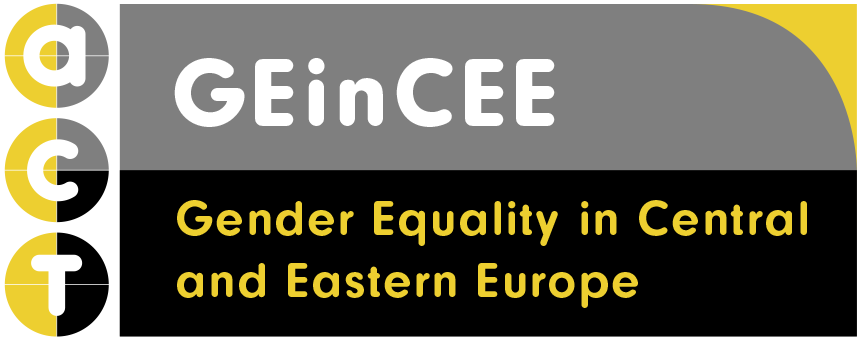
An Inauguration and Networking Event of the ACT GEinCEE CoP in Krakow
After weeks of intense consultations the Community of Practice for Gender Equality in Central and Eastern Europe ‘On the way to GEP’ (GEinCEE CoP) has been launched. Its members and friends met in June 2019 in Krakow to network, test tools supporting the successful operation of the CoP, learn about the results of the Community Mapping Survey and familiarize themselves with implementation of Gender Equality Plans.
The idea of Community of Practice that fosters cooperation between practitioners who undertake initiatives aiming at achieving gender equality in research organisations in Central and Eastern Europe attracted considerable interest. So far research organisations’ officials and researchers from Czech Republic, Lithuania, Poland and Cyprus declared their membership in the CoP and for a number of weeks have discussed its mission, vision and agenda for next two years.
An Inauguration and Networking Event of the GEinCEE CoP was held in Krakow at the Jagiellonian University (JU) on the 27th and 28th of June 2019. The purpose of the meeting was to network, learn about the results of the Community Mapping Survey, test tools created within the ACT project to foster CoP’s successful operation, as well as familiarize with the first steps of implementation of Gender Equality Plans (GEPs).
The meeting was eagerly awaited at the JU and the participants were warmly welcomed by prof. Stanisław Kistryn, the Vice-Rector for Research and Structural Funds and dr hab. Marcin Lubaś, the Director of the Institute of Sociology who emphasized the importance of implementing gender equality measures in academia.
On the first day participants learnt the findings of the Community Mapping Survey. The survey was carried out by ACT between November 2018 and February 2019 to map actors who are currently engaged in the advancement of gender equality objectives at universities, research centres and research funding organisations across Europe. The survey showed that a Gender Equality Plan is a frequently used tool to advance gender equality but there is still a need for its further development: it is more frequently implemented in research institutes compared to higher education institutions, it is less often declared by respondents from Eastern and South-Eastern European countries (10% compared to 60-74%, in all other regions of Europe). Among the most popular – and at the same time effective – measures the respondents mentioned collecting sex/gender disaggregated data, raising awareness and setting up a gender equality/diversity office or committee. Yet there are some problems with advancing gender equality: securing the resources and engaging those who are affected by these solutions are the main challenges.
During the meeting the functionalities of tools created within the ACT project designed to help CoPs successfully operate, self-develop, build expertise and exchange knowledge were tested. First one – the ACT project Co-creation Toolkit gathers a variety of participatory methods aimed at supporting CoPs in implementing gender equality measures and plans. Second, the ACT Knowledge Sharing Hub is an online infrastructure that supports practice sharing, mutual learning and knowledge production. The infrastructure includes the ACT and the GEinCEE CoP websites; it is connected with the Gender Portal (GenPORT) and linked to Limesurvey – free and open source customizable online survey tool.
On the second day participants took part in a workshop on the implementation of gender equality measures and GEPs. With the use of The GENERA Roadmap for the implementation of customized Gender Equality Plans and The EIGE Gender Equality in Academia and Research (GEAR) tool the first steps of the process, including engaging stakeholders, analysis the gender equality status quo of the organization and GEP design were discussed. Further steps will be analysed at a second workshop on GEP implementation planned in early 2020.
The event was a good opportunity for the participants to network, as well define their needs and expectations concerning the future of the CoP. Opening the CoP to new members is one of the well articulated wishes. So if you would like to join the GEinCEE CoP or just learn more about its activities, do not hesitate to contact us at actongender@uj.edu.pl.
Authors: Paulina Sekuła, Marta Warat, Ewelina Ciaputa
